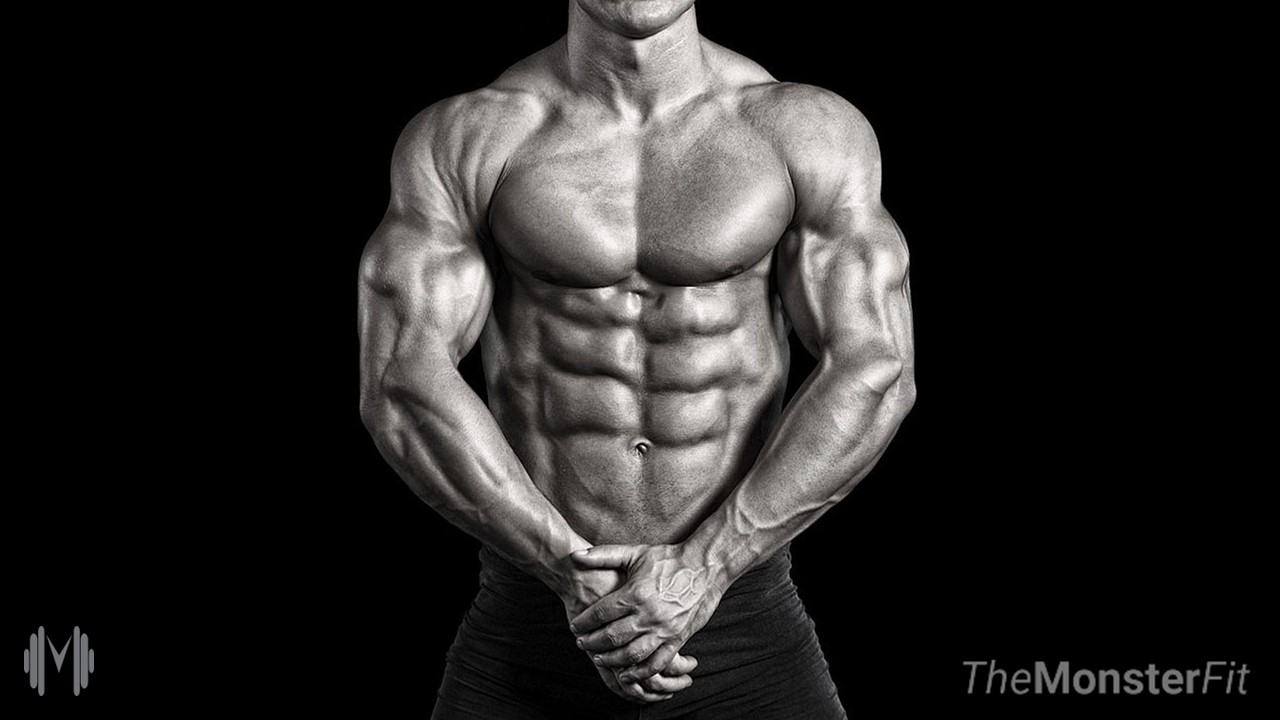Building muscle requires more than just lifting weights. It involves a combination of strength training, proper nutrition, recovery, and consistency. Whether you’re a beginner or looking to refine your workout routine, understanding the right strategies can help you gain muscle effectively. In this guide, we’ll cover the essential steps to maximize muscle growth and achieve your fitness goals.
1. Understand How Muscle Growth Works
Muscle growth, also known as hypertrophy, occurs when muscle fibers break down during exercise and rebuild stronger during recovery. This process requires consistent training, proper nutrition, and rest.
Key Factors for Muscle Growth:
- Progressive overload: Gradually increasing the weight or intensity of exercises.
- Adequate protein intake: Protein is essential for muscle repair and growth.
- Recovery time: Muscles grow during rest, not just during workouts.
2. Follow a Structured Workout Plan
A well-balanced workout plan should focus on both compound and isolation exercises.
Best Muscle-Building Exercises:
Compound Exercises (Target Multiple Muscles):
- Squats
- Deadlifts
- Bench Press
- Pull-ups
- Shoulder Press
Isolation Exercises (Target Specific Muscles):
- Bicep Curls
- Tricep Extensions
- Leg Curls
- Calf Raises
Workout Frequency:
- Train each muscle group at least twice a week for optimal growth.
- Follow a structured split (e.g., push-pull-legs, upper/lower body split).
3. Apply Progressive Overload
To continuously build muscle, you need to challenge your muscles over time. This means increasing resistance, repetitions, or intensity gradually.
Ways to Apply Progressive Overload:
- Increase weights in small increments.
- Add more reps or sets.
- Reduce rest time between sets.
- Improve exercise form and range of motion.
4. Eat the Right Foods for Muscle Growth
Muscle building requires a calorie surplus—eating more calories than your body burns. However, the quality of food matters.
Macronutrient Breakdown for Muscle Gain:
- Protein (30–35%) – Essential for muscle repair (chicken, fish, eggs, beans).
- Carbohydrates (40–50%) – Fuel for workouts and recovery (rice, potatoes, oats).
- Healthy Fats (15–20%) – Support hormone production (avocado, nuts, olive oil).
Best Muscle-Building Foods:
- Lean meats (chicken, turkey, lean beef)
- Fish (salmon, tuna)
- Dairy (Greek yogurt, cottage cheese)
- Whole grains (brown rice, quinoa, oats)
- Nuts and seeds (almonds, chia seeds)
- Vegetables (broccoli, spinach, sweet potatoes)
5. Get Enough Protein
Protein is crucial for muscle recovery and growth. Aim to consume 1.6–2.2 grams of protein per kilogram of body weight daily.
Examples of High-Protein Meals:
- Scrambled eggs with whole-grain toast and avocado
- Grilled chicken with quinoa and vegetables
- Protein smoothie with banana, oats, and whey protein
6. Optimize Post-Workout Nutrition
The post-workout meal is essential for muscle recovery and glycogen replenishment.
What to Eat After a Workout:
- Protein: Chicken, fish, eggs, or a protein shake.
- Carbohydrates: Rice, potatoes, fruits, or whole grains.
- Healthy Fats: Nuts, seeds, or olive oil (in moderation).
7. Allow Your Muscles to Recover
Muscles don’t grow during workouts—they grow during recovery. Overtraining can lead to injuries and slow progress.
Recovery Tips:
- Sleep 7–9 hours per night.
- Take at least one rest day per week.
- Use active recovery methods like stretching, yoga, or light walking.
8. Stay Consistent and Patient
Muscle building is a long-term process. Expect gradual progress, and avoid chasing quick results.
How to Stay on Track:
- Track your workouts and progress.
- Set realistic short-term and long-term goals.
- Stay disciplined, even when motivation is low.
9. Hydrate Properly
Muscles are about 75% water, making hydration essential for performance and recovery.
Hydration Tips:
- Drink at least 2–3 liters of water daily.
- Increase water intake on workout days.
- Avoid excessive alcohol and sugary drinks.
10. Avoid Common Muscle-Building Mistakes
Many people struggle with muscle gain due to bad habits.
What to Avoid:
❌ Skipping rest days – Recovery is just as important as training.
❌ Not eating enough protein – Protein intake is essential for muscle repair.
❌ Poor form – Lifting too heavy with bad technique can lead to injuries.
❌ Neglecting compound exercises – These exercises build more muscle efficiently.
Final Thoughts
Building muscle effectively requires a combination of consistent training, proper nutrition, and adequate recovery. Stick to a structured plan, fuel your body with the right nutrients, and allow time for rest. With patience and dedication, you’ll see gradual and sustainable muscle growth.
